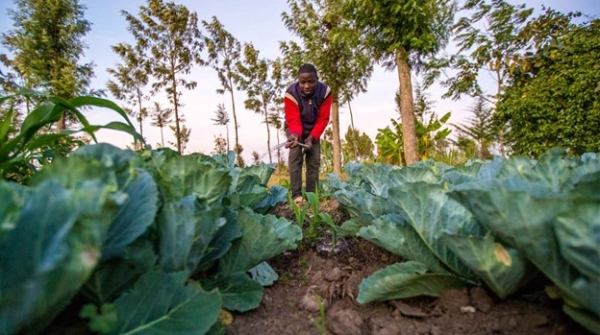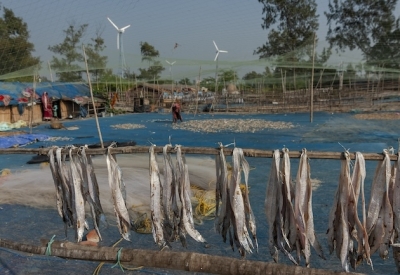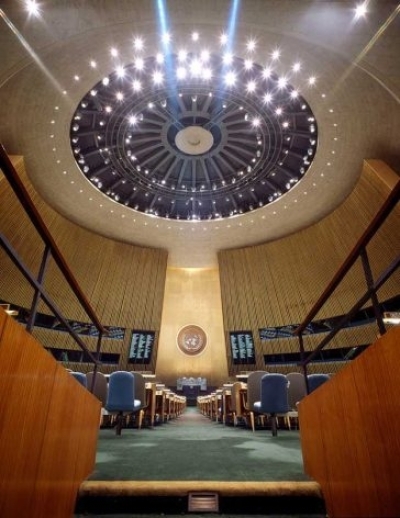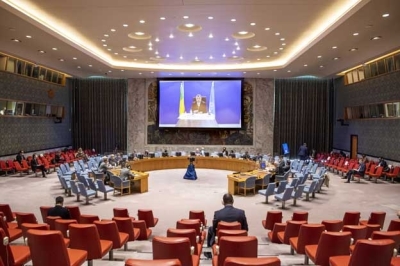NAIROBI, Kenya, Feb 14 (IPS) — Often referred to as the “Sun continent,” Africa receives more hours of bright sunlight than any other continent. But even with 60 per cent of the world’s solar resources, Africa has only one per cent of solar generation capacity, according to the International Energy Agency (IEA).
Due to energy production and infrastructure challenges, many African countries regularly deal with blackouts, brownouts and poor electricity supply. Then the COVID-19 pandemic hit the global economy hard, and commodity prices surged after the invasion of Ukraine, making energy even more difficult for poorer Africans to buy.
Increasingly, start-ups rather than established corporations are offering access to advanced solar energy solutions to the majority of people across Africa. By harnessing the sun’s power and transitioning to clean energy, Africans can expect major economic and social developments across the continent.
Solar energy brightens other industries
Headquartered in Nairobi, SunCulture has raised over $40 million to equip rural farmers with solar-powered irrigation systems. Instead of counting on rainfall or revving up diesel or petrol pumps, farmers can now rely on solar-powered systems that are cheaper, use renewable energy and need minimal maintenance.
Once the company installs a solar panel on top of a farmer’s house and connects it to a battery-powered water pump, the irrigation system can cover up to three acres.
“Solar is particularly attractive because of its positive environmental impact, job creation potential, and economic development potential,” said Mikayla Czajkowski, chief of staff at SunCulture.
“African nations have immense potential to benefit from utilizing solar energy – especially in remote and under-served regions where energy access is limited – and facilitates a reduction in the continent’s carbon footprint, making a valuable contribution to global efforts to combat climate change,” Ms. Czajkowski added.
In an impact survey of SunCulture’s customers, measurement company 60 Decibels found that SunCulture brought about significant improvements: 89 per cent of smallholder farmers experienced a boost in their quality of life, 90 per cent increased their production, and 87 per cent enhanced their earnings.
Ambitious start-ups
From GridX Africa, a firm that offers off-grid solar power to farms, safari lodges for tourists and construction projects in Kenya, Mozambique and Tanzania, to the pay-as-you-go solar company Bboxx and the Egypt-based solar power developer and electricity distributor KarmSolar, Africa has no shortage of original solar energy start-ups.
While the ambitions of these solar businesses are laudable, achieving high levels of growth is not easy.
Emily McAteer, founder and chief executive officer, of Odyssey Energy Solutions spent more than a decade working to finance and build distributed solar projects across Africa and India.
Her firm provides technology and finance solutions for distributed renewable energy businesses. At every stage of project development, she hit key bottlenecks that make it hard for solar companies like hers to scale.
By offering tools for solar developers to aggregate and pitch portfolios of projects to financiers, firms can access capital more effectively. To procure equipment more effectively, Odyssey streamlined the procurement process by negotiating directly with original equipment manufacturers for better prices and warranties and by working with developers for supply chain support.
“Operations and maintenance, especially in remote areas, can be a big hurdle,” Ms. McAteer said. “We offer hardware and software that sits on top of solar assets so that operators and investors can get deep insight into performance and optimize performance of their systems.”
Global initiatives need catalytic capital
More than 500 million people living in Africa have no access to electricity, according the IEA Africa Energy Outlook 2022. Governments and non-governmental organizations have launched many high-profile schemes to boost the solar energy sector in African countries, with mixed success. The continent needs a global response to address a challenge of this immense scale.
Launched in 2012, the US-Africa Clean Energy Finance (US-ACEF) initiative attempted to offset the costs of the early-stage development of clean energy projects, in a bid to draw investment to these ventures.
Solar is particularly attractive because of its positive environmental and economic impacts.
For Ms. McAteer, the US-ACEF model proved effective. Now innovators need higher levels of catalytic capital to continue scaling so that they can meet the UN Sustainable Development Goal 7, “Ensuring access to Clean and Affordable Energy.”
“Annual capital investment in renewables in emerging markets needs to reach $1 trillion per year if the world is to achieve the goal of net-zero emissions by 2050. US-ACEF set the model for how the industry can achieve that,” Ms. McAteer said. “Now the missing piece is continued investment from both public and private financiers.”
Innovation underway across Africa
So far, the US-ACEF has supported 32 projects, with country-specific investments in Ethiopia, Kenya, Morocco, Namibia, Nigeria, Rwanda, Senegal, South Africa, Tanzania and Uganda.
Nijhad Jamal, managing partner of Equator, an early-stage venture capital firm focusing on climate technology in sub-Saharan Africa, agrees that Africa’s solar energy sector has benefited greatly from US-ACEF.
“There is a lot more impact to come from US-ACEF with projects like the Health Electrification Alliance, which aims to electrify over 10,000 health facilities in Africa,” Mr. Jamal said. “Most of the US-ACEF projects emphasize sustainability. In our opinion, this will have a lasting impact on the solar energy sector.”
Source: Africa Renewal-- a United Nations digital magazine that covers Africa’s economic, social and political developments—and the challenges the continent faces and the solutions to these by Africans themselves, including with the support of the United Nations and international community.
IPS UN Bureau






